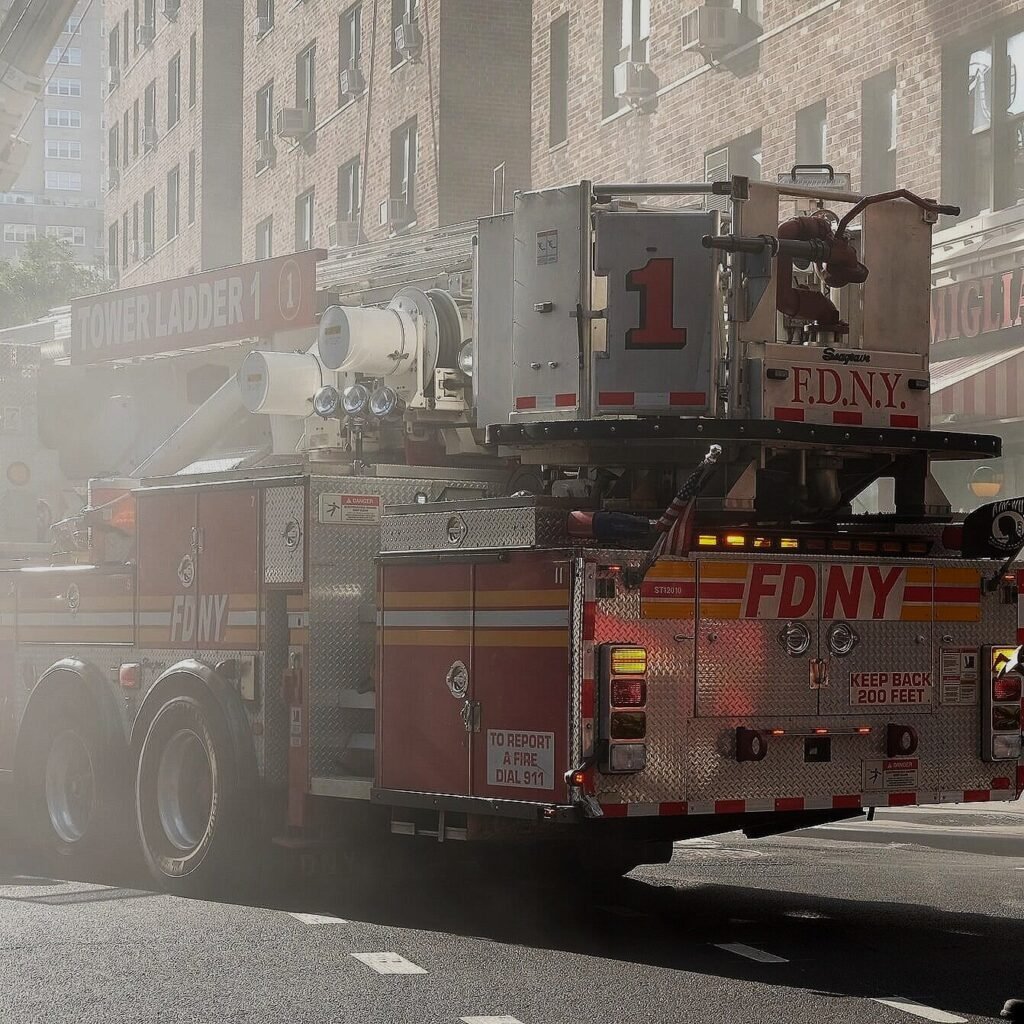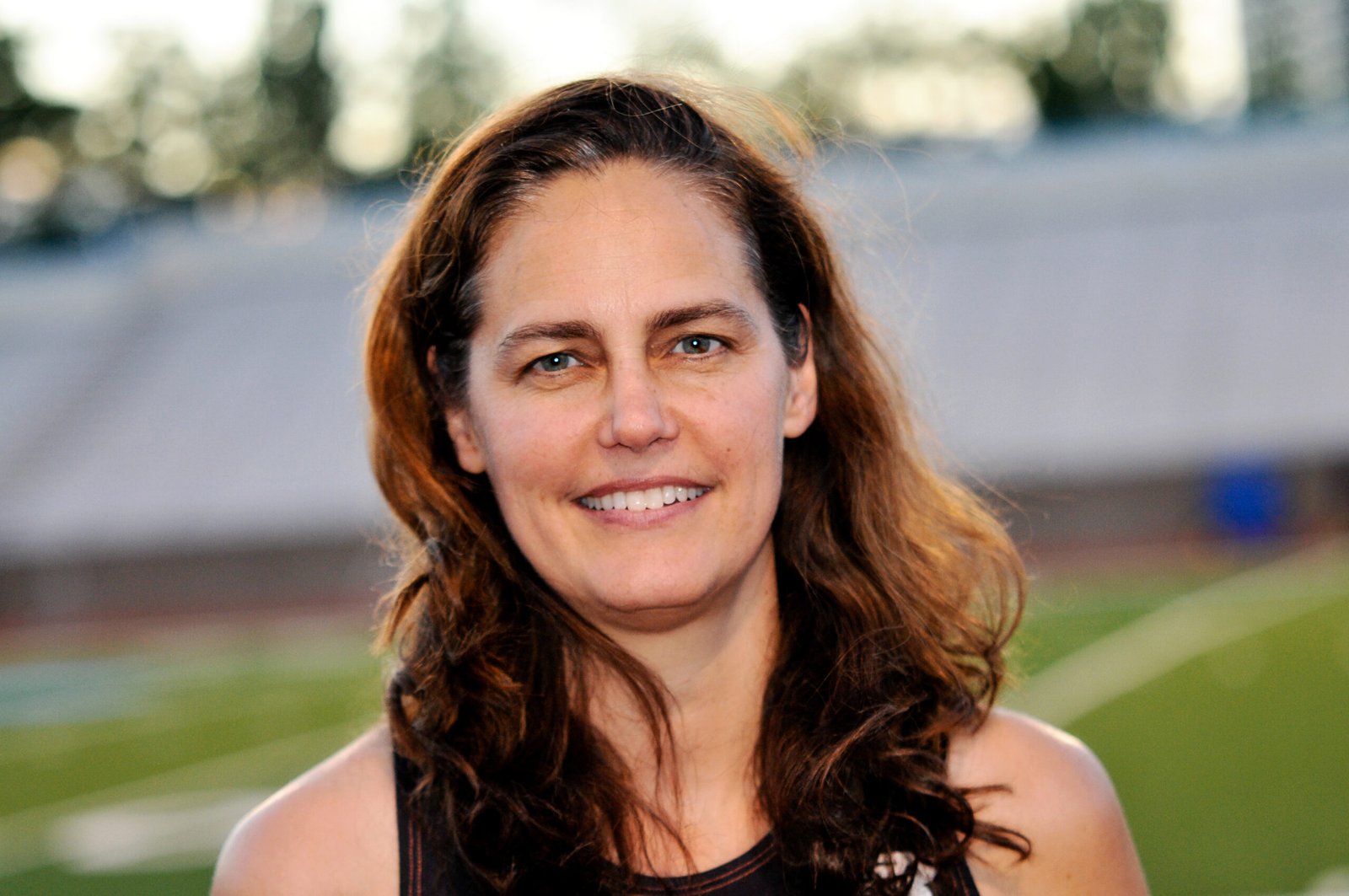I recently went one on one with 9/11 first responder Sebastian Raspanti, a firefighter in New York at the time of the attacks. .After 9/11 Sebastian was suffering severe PTSD, a byproduct of hauling out his colleagues and burying his fellow firefighters. He could barely complete a sentence and was suffering from what is known as survivor’s guilt before embarking on a recovery journey from the brain trauma that left him unable to work or function. Sebastian now volunteers to help others who suffer from similar symptoms.
Adam: Thanks again for taking the time to share your journey and advice. First things first, though, I am sure readers would love to learn more about your background. What drove you to become a firefighter?
Sebastian: My mom was rescued from a fire and it inspired me to become a firefighter.
Adam: What are your sharpest memories from 9-11 and the period that followed?
Sebastian: It is not possible to express in words. Devastating to your soul as anyone could imagine. The occurrence, the aftermath, the victims, their families, all of it has unforeseen subsequent effects. Trying to continue on after, it was overwhelming in so many ways. Still is. It remains. I try to live in courage and kindness as best as possible, to respect those who were lost and all who continue to endure… those of us who were there and those who continue to be effected worldwide, in direct and indirect ways.
Adam: How did you bounce back from the brain trauma you suffered?
Sebastian: As far as bouncing back from brain trauma, it is a process. Recognizing you have suffered an injury that is a bit insidious as it effects you physically, emotionally, and behaviorally. Finding the modalities that exist to treat it and sticking to self compassion is the key. Takes time, energy, and support and you get there and need to keep going on. I’m blessed to have encountered many courageous and kind people along the way. Doctors who are pioneers in a way, who have raised awareness of traumatic brain injury and all manner in which it presents. My story and the doctors that I worked with are featured in a new documentary called Quiet Explosions: Healing the Brain (you can find it on Amazon). I encourage anyone who is struggling with undiagnosed traumatic brain injury to watch the film to learn about all of the new research that is out there around healing TBI. The good news is there is hope, there are new therapies that work, and we don’t have to live this way anymore.
Adam: What are the best lessons you learned from that experience? How can anyone overcome challenges and obstacles they are facing?
Sebastian: I think the biggest lesson that sticks out is perseverance. Staying the course as healing can test your mettle. Recovery is an endeavor that will have ups and downs and breakthroughs. Don’t give up.
Adam: What are your best leadership lessons from your time as a firefighter?
Sebastian: Wow. So many examples. To lead is to serve. We are all firemen at the end of the day. Regardless of rank. We take responsibility for ourselves and each other and everyone’s family. We strive to learn as each incident is different and presents its own set of challenges. The only thing we know for sure is that we can rely on each other.
Adam: In your experience, what are the defining qualities of an effective leader? How can leaders and aspiring leaders take their leadership skills to the next level?
Sebastian: Leaders, rely on your team’s experience and vision as well as your own. Everyone has their own life experience and perspective that is individual and unique. Take it all in and be bold and intuitive and make the best decisions you can at every turn.
Adam: What are your three best tips applicable to entrepreneurs, executives and civic leaders?
Sebastian: Listen, process and take action.
Adam: What is the single best piece of advice you have ever received?
Sebastian: View all matters with compassion, courage and love.
Adam: What can anyone do to pay it forward?
Sebastian: As far as paying it forward, I think sharing our life experiences is very important. They are personal, however they are also communal. I have been blessed to have been afforded opportunities to heal. I feel it is my duty to share with those who are suffering, to let them know that there are avenues of healing. To keep fighting, and it is a responsibility of mine to create awareness, we are all interconnected.
Adam: Is there anything else you would like to share?
Sebastian: Thank you Adam for the interview and for helping me create awareness for others through my story.









